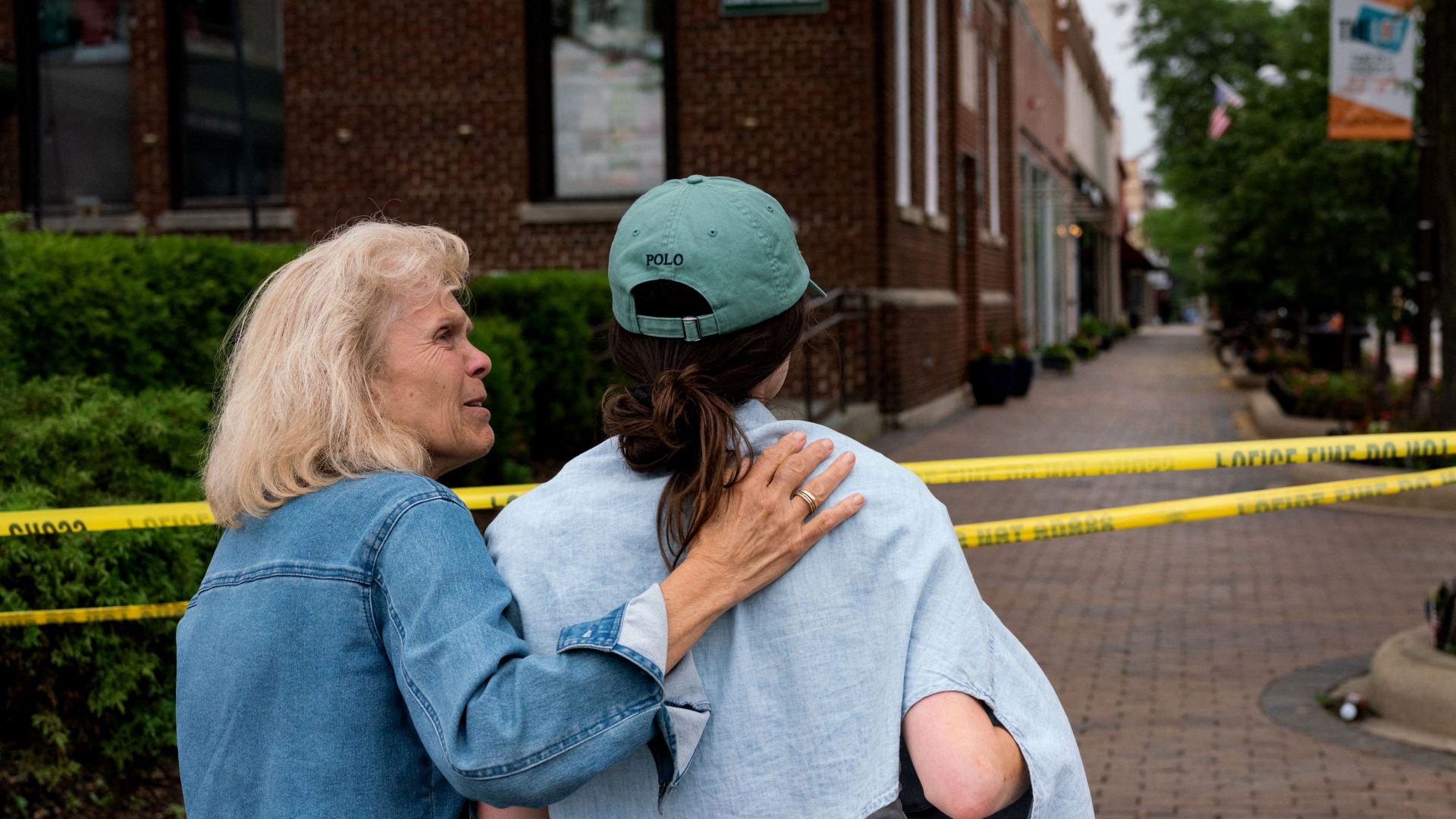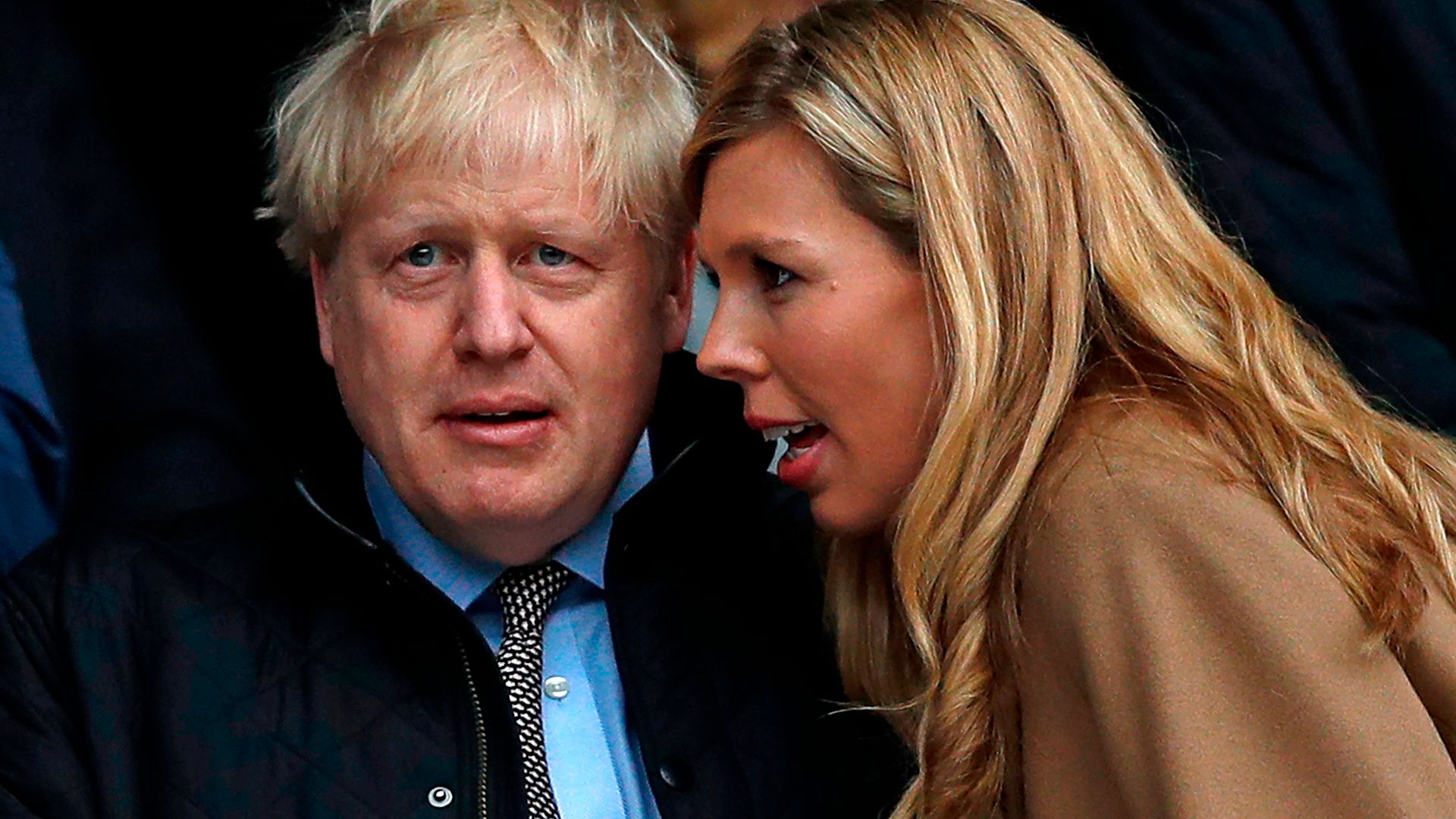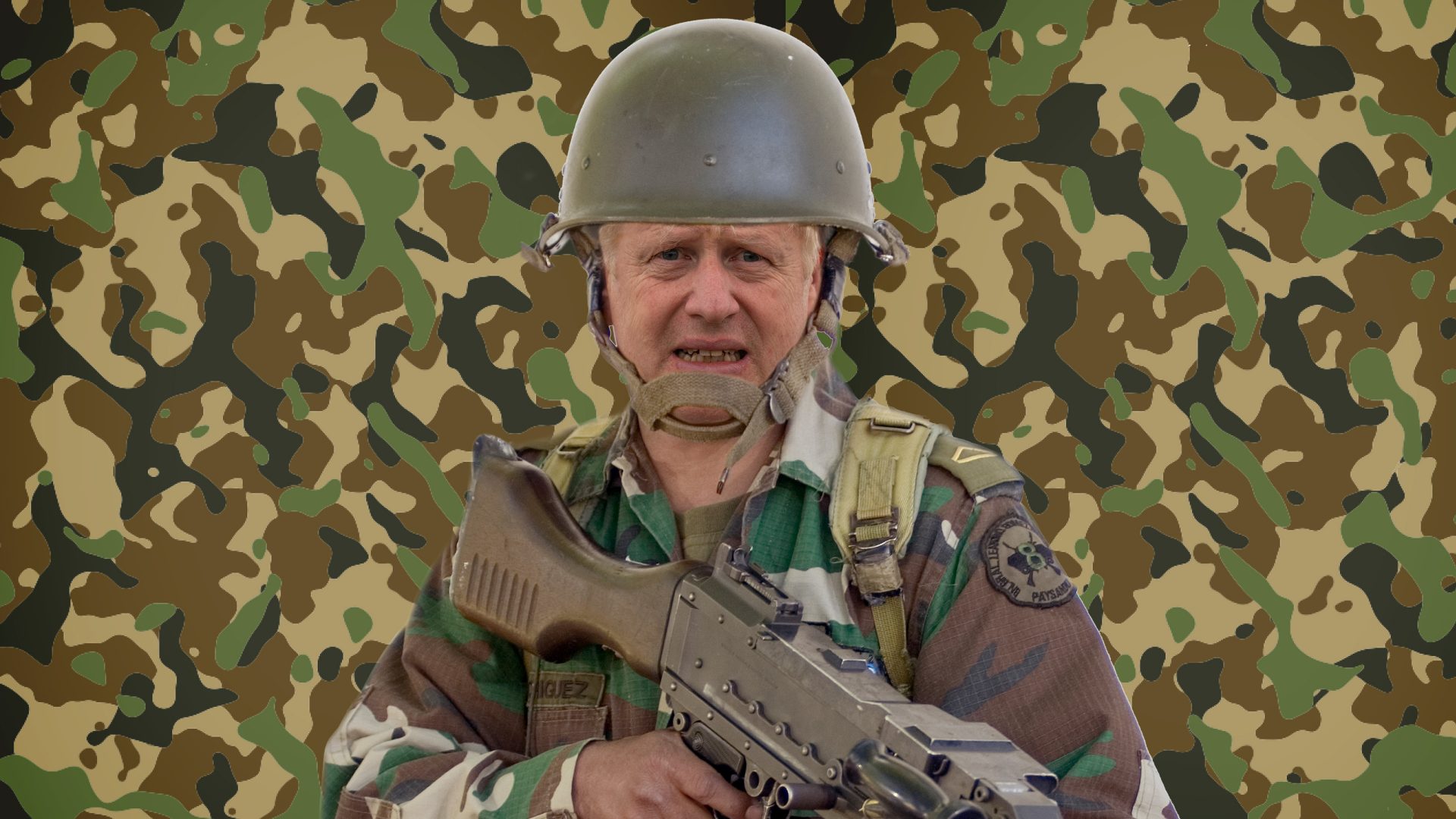In this high summer in London, I think about how lucky I am to live near my Street of Dreams.
That street is Carnaby Street and in my 1960s youth, it was a kind of nirvana; a holy of holies of cool.
No matter that I was growing up an African American girl on a quiet suburban street where any loud music was frowned upon. I still dreamed myself into this magic street in faraway London.
Now it would take me about 20 minutes on all fours to reach it, that’s how close I live to it.
The street then was colour and music and escape, a happy space where young women were called “dollie birds”.
I once sat next to Patti Boyd in a box at the opera, and I said to her that I imagined that the whole Beatles thing had meant nothing to her.
She looked at me hard for a second and then said: “Spot on.”
And it was that attitude, that kind of what the French call “élan”, which the street represented to me.
Oxford Street is my high street and I am privileged to know quite a few Gen Zs and to see hundreds more every day. I see what they wear; hear what they listen to.
I get very “auntie” with various anonymous individuals when I see them cross the road with their faces buried in their phones, oblivious to traffic.
I look at what the girls of both genders and no gender are wearing. I’m really impressed with those who would have been “fat-shamed” in my youth of “Twiggy” in excelsis. Now they look like what they are. Or so it appears to me.
As I sit in various “green rooms” waiting to go on various TV shows as a pundit, the generational flow is evident and clear. I don’t think there is a collision between me and Zs.
Even if the equivalent of my generation now would have been quietly gardening, enjoying retirement. Not out in the world. I have a great pair of Doc Martens and wear them with fishnets, and the Z women talk to me about my shoes without blinking an eye. They talk to me about Vera Wang, the fashion designer, and Grace Jones, and marvel at how “young” they look.
Those women, my contemporaries, are not a surprise to me at all.
To me they look exactly their age because that is the way we always were.
But when I woke up recently to the news of the assassination of former Japanese prime minister Shinzo Abe, I thought about the world that these Zs are growing up in.
In the ’60s, when I was their age, I was afraid to take a plane because a bomb might be planted on it.
A guy we all looked up to in high school had been drafted to Viet Nam and there he had stepped on a landmine, and he was the first person in my age group who had ever died. That war was teatime TV every night except Sundays.
I had been one of the protesters outside of the Hilton Hotel in Chicago in ’68, protesting the Democratic Party’s convention because our guy – Senator Eugene McCarthy, the Bernie Sanders of the time – was not going to be nominated.
A man I knew slightly and who was my age, my brother’s close friend, Fred Hampton, leader of the Chicago Black Panther Party, was murdered in his sleep by the police. President Kennedy had been assassinated years earlier live on TV at lunchtime. Dr King was murdered on a gentle April evening; I lived through worrying whether Nixon had files on all of us. There was the Recession in which the major cities looked like bomb sites.
But I think that now is different.
I was born during what has been called the cold war, I grew up in all of that. But I never had to have a drill in my kindergarten to protect me against a shooter coming into school. I never had a sense of living in continuous, constant war and violence.
Even in a time of war.
But if you were born in 1997 and after, you know. You are that cohort called “Generation Z”. We baby boomers and millennials are the two largest cohorts in the US.
We boomers allegedly have all the money. The millennials allegedly have all the rage.
But I don’t think that we know anything yet about Generation Z. Not really.
Not enough yet about the world they face and could face. This world of constant war; of environmental calamity.
I certainly was not into Kate Bush in the 1980s.
I lived on the Lower East Side of New York: “Loisaida”, where the music was a lot of Prince singing about what he called affectionately the “thangs” who queued up outside the gay men’s clubs in order to get to the basement where women could not go.
Life was eating at Ukrainian restaurants after the clubs closed and watching the junkies score in the nearby park and we certainly did not think of running up any hill.
But now Bush’s song is a hit all over again with these Zoomers and I listen to the lyrics and there is something that I am learning. And also something that I know:
“And if I only could,
I’d make a deal with God,
And I’d get him to swap our places,
Be running up that road,
Be running up that hill.”
I have friends who work in shops around where I live and they have advanced degrees and big plans and they tell me about them as they bag my stuff. That’s how TopShop was for me before it shut down during the pandemic, full of Gen Zs working and studying and figuring out the world.
I know Highland Park, Illinois, where the latest mass shooting in the US took place recently.
If you grew up where I did in Chicago, 25 miles south along the shore of Lake Michigan, your first reaction to what happened there would have been: “Highland Park!”
It is all-American in that It’s a Wonderful Life kind of way.
And I think of the Zoomers there, some no more than nine, running from the bullets, some even seeing how an assault rifle blows a body to pieces.
Soon, they’ll go to school, and do their “stay safe” drills; and then their school work, and go home.
We are all now “Running Up That Hill”.
And I have an obligation to the youngest of us doing that.




